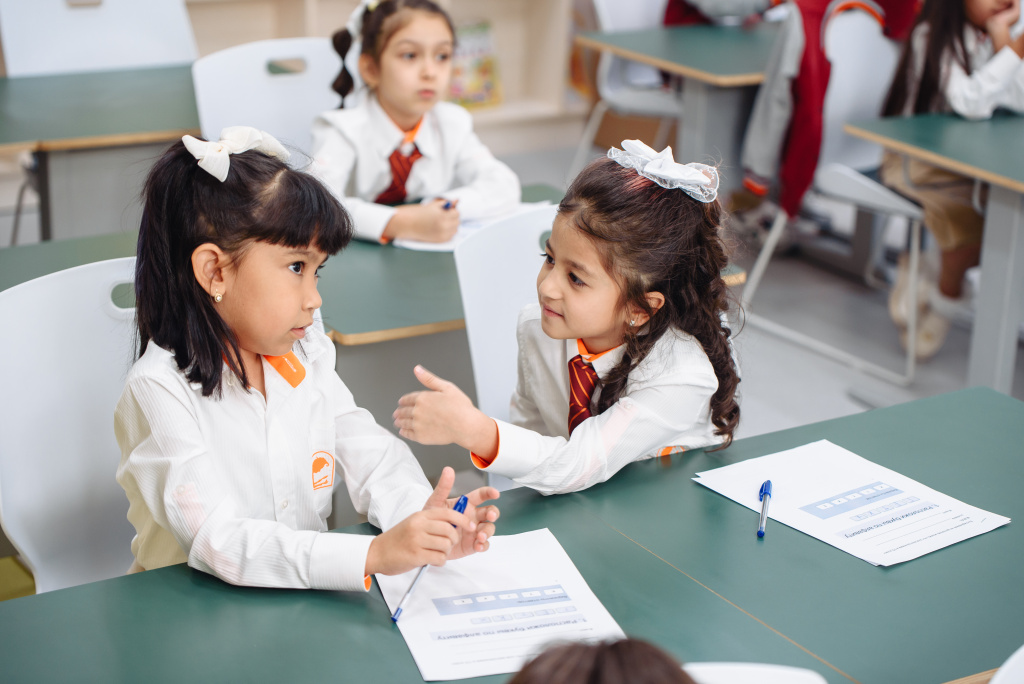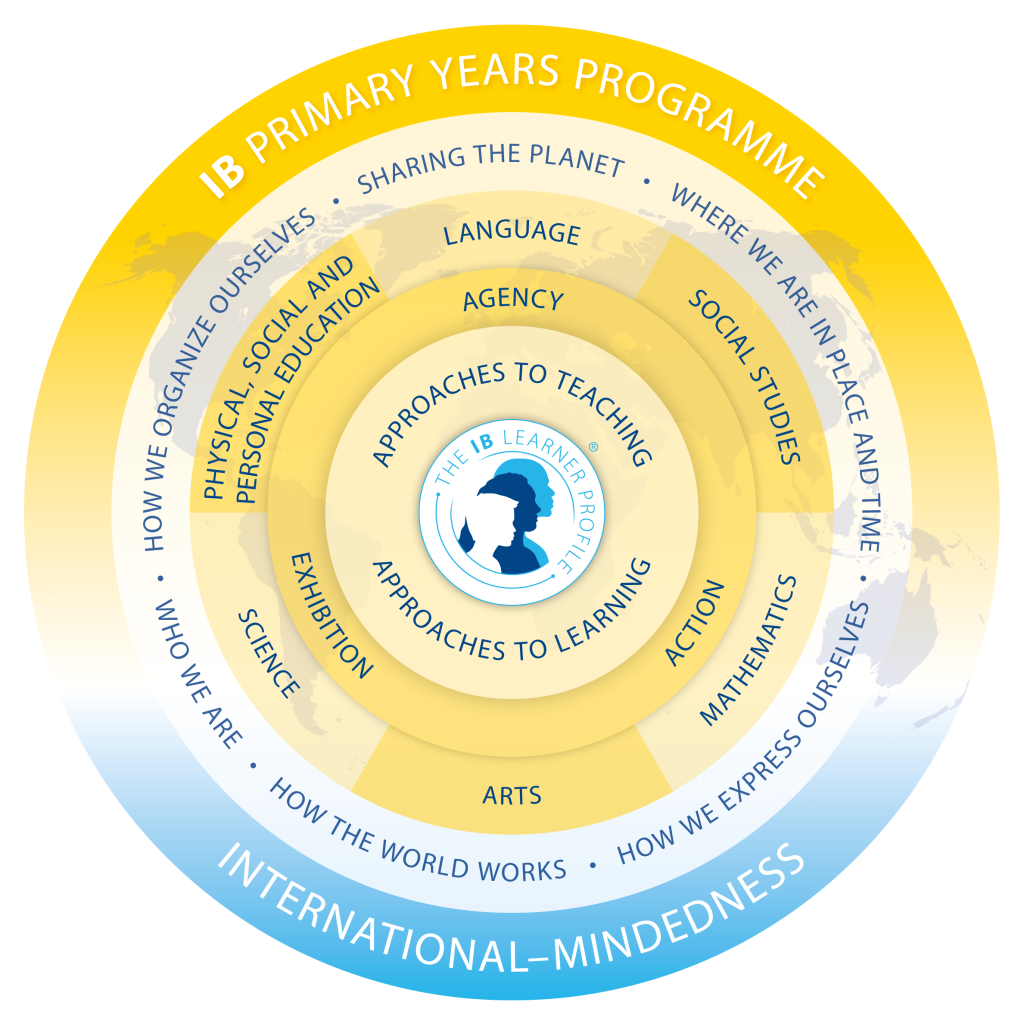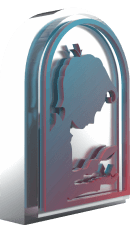Primary Years Programme (PYP)
.jpg)
PYP is an international IB programme for the primary level of education aimed at developing well-rounded, curious, and proactive learners.
 (1).png)
PYP helps children from an early age build essential skills and qualities that will form the foundation for successful learning in the next stages — in middle and high school. At Invento the PYP programme is implemented from Grade 1 to Grade 5 (ages 6 to 11). Learning is adapted to the local context, students’ needs, and international IB standards.
PYP Curriculum
In Primary School PYP, children study core subjects each year through six large thematic sections (Units of Inquiry) that integrate all areas of learning. These themes help develop global thinking, language, and logical skills, understanding of the world, and self-management abilities.
At Invento, we take into account the requirements of Uzbekistan’s national curriculum and integrate them into the planning and delivery of PYP in order to adapt international standards to the realities of life in Uzbekistan and make learning as clear and relevant as possible for our students.
Upon completing the PYP, students present a collaborative PYP Exhibition showcasing their knowledge, skills, and values, marking the end of primary education and readiness for the more academic, research-oriented MYP.


The PYP programme is based on six transdisciplinary themes covering key aspects of human experience. All subjects are integrated into these themes, helping children see connections and apply knowledge in the real world.
Subject areas:
- Language and Literature
- Mathematics
- Science
- Social Studies (Individuals and Societies)
- Arts
- Physical Education and Health
- Additional languages (e.g. English or Uzbek as a second language)
Research shows that schools that adopt the PYP often see real changes: children feel safer, relationships in the school become kinder and more respectful, and cases of bullying drop. In Australia, PYP students in Years 3 and 5 show better results in reading and math compared to students in similar schools. And most importantly — over 89% of PYP students say they truly enjoy going to school which is essential for successful learning.
Why study PYP at Invento?
PYP students:
- Enjoy learning and become active participants in the educational process
- Learn to work in a team, ask questions, and find answers
- Acquire foreign languages in a lively, practical format
- Develop thinking, curiosity, and sustainable learning habits
- Prepare for further learning in the MYP (middle school) and future academic success
.jpg)
 (1).jpg)
Invento’s unique approach
As part of PYP, we implement a translanguaging and interdisciplinary approach, meaning that language and subject learning are connected. The topics students work on inspire them to think creatively and like researchers.
A child in the IB is an active participant in the learning process, not a passive observer. We teach not only the content of the subjects themselves but also the skills of how to learn: planning, observing, drawing conclusions, and applying knowledge in new situations.
Teachers use a variety of assessment methods: from creative projects and oral presentations to independent mini-research, encouraging meaningful learning.
We are proud to be the Uzbek International School and strive to cultivate global thinking in our students through studying the local context of Uzbekistan.
Communication Skills
Children learn to express their thoughts clearly — orally, in writing, through drawings, presentations, and even gestures. They read aloud, take part in discussions, and defend projects. This helps them confidently interact with others — a vital skill at any age.
Social Skills
Working in pairs and groups, students learn cooperation: how to listen, negotiate, share responsibilities, and achieve a common goal. These skills are at the core of the IB Learner Profile — in particular, developing qualities such as caring, open-mindedness, and others.
Thinking Skills
The ability to analyse, reason, ask questions, and find connections between topics — children practise all of this daily. We teach them to think critically and creatively, like real researchers. This is the basis of concept-based learning.
Research Skills
Students independently find information, make observations, draw conclusions, prepare presentations, and share results with the class. In upper grades, this becomes preparation for the PYP Exhibition and more advanced academic work.
Self-management Skills
Students learn to manage their time, keep track of assignments, maintain order in their belongings, and monitor their own progress. We develop reflection — the habit of thinking about what went well and what can be improved.
ATL Skills in Action
All these skills (communication, thinking, research, collaboration, and self-management) are referred to in the IB as ATL — Approaches to Learning. Their development is the foundation of the whole programme. These skills help a child become an independent, confident, and motivated learner, ready for the next stage — the MYP programme.
